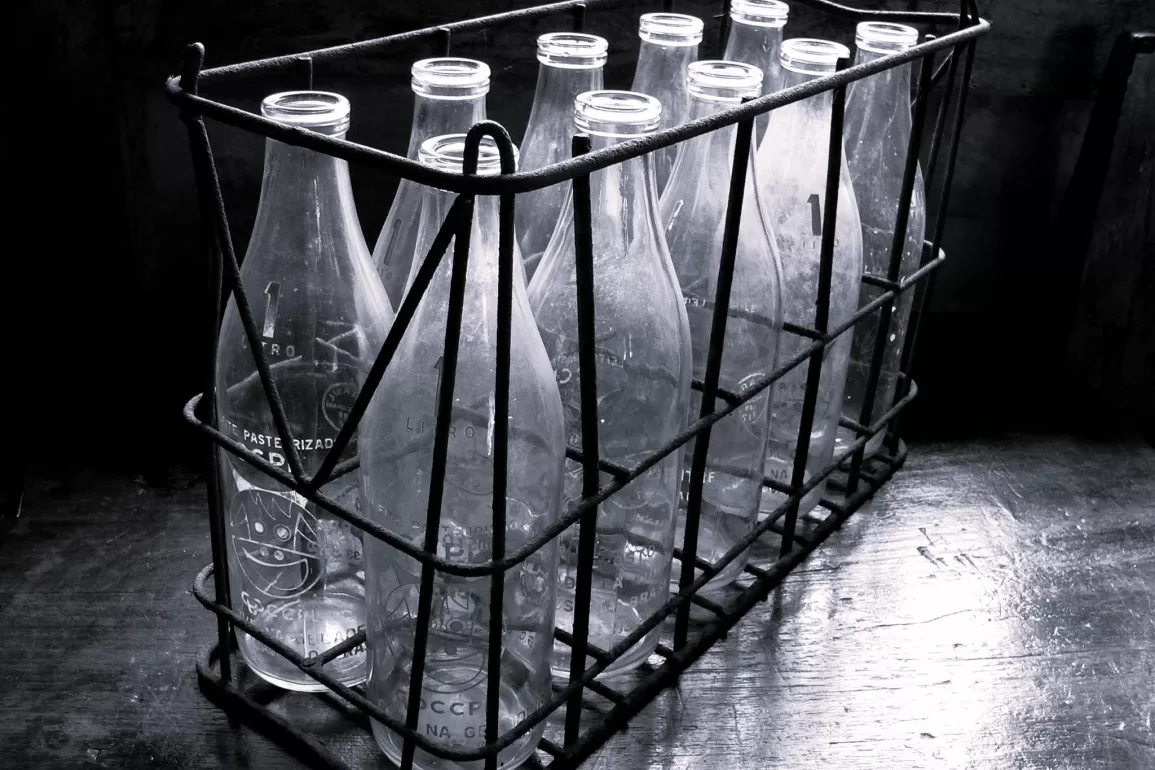I was only fifteen when we lost our farm and had to move into town. All the stock and equipment were auctioned off and there was only enough money left to rent a duplex on the edge of town by the grain elevator. Our towering farmhouse on a rise overlooking the county was sold to a developer who flattened it. New cookie cutter homes sprang up out there like wildflowers on a prairie. My father called it “a capitalist pestilence.”...

Cloud of Locusts by Michael Loyd Gray
fiction
